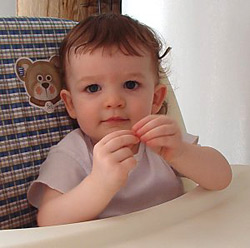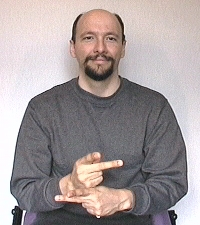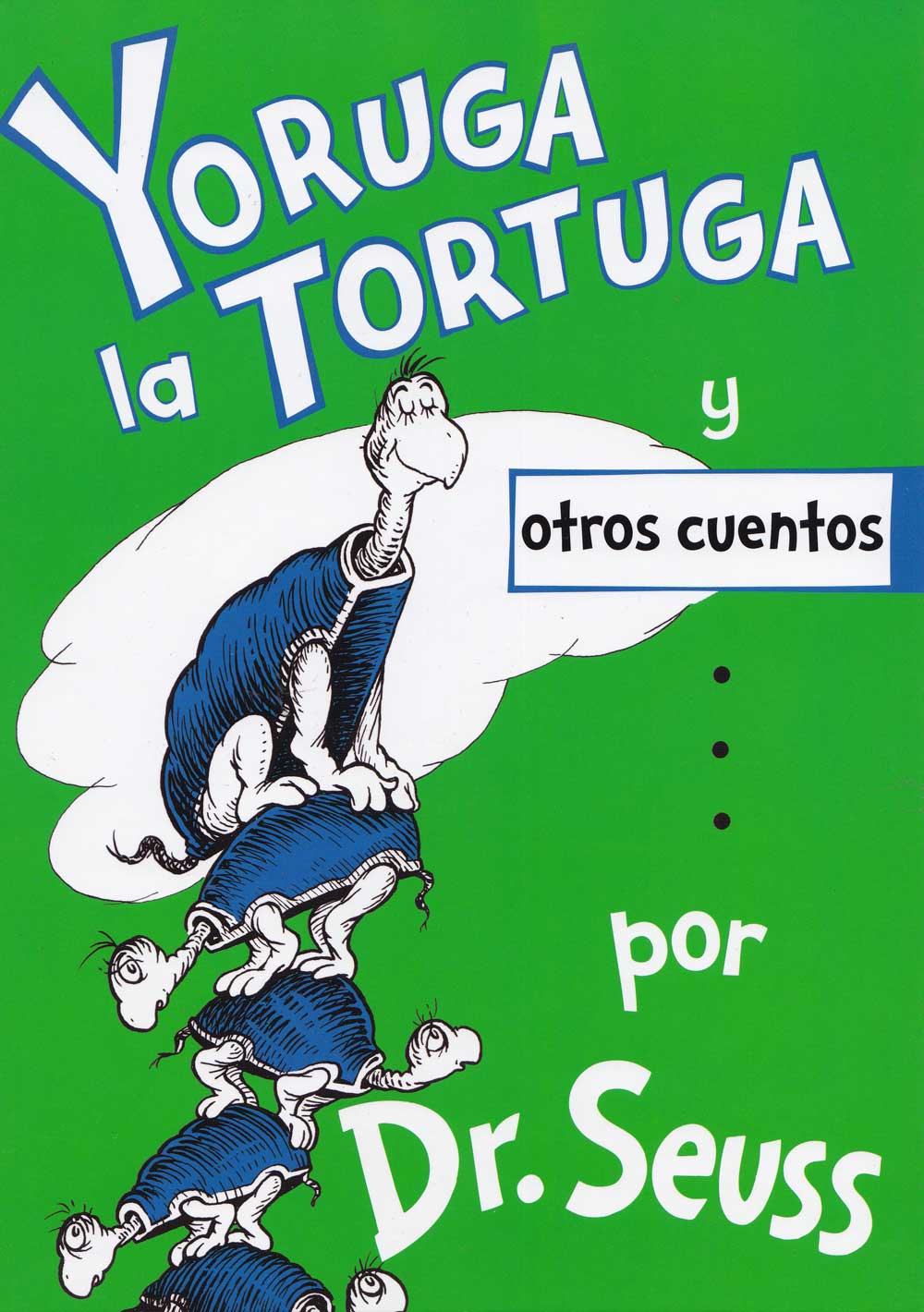Every night, when I go to sleep I review my day and give myself a grade. I don't know when I started doing this. Maybe I did it from the beginning. But I've noticed that I'm just like those teachers I hated who would never give students an A+ no matter what.
 |
| No matter how good a day I create for my children I seem to always find fault with my parenting. |
 |
| That could be me, lying sleepless, judging myself while my husband rests peacefully. |
So why am I so hard on myself? Why do I focus on my mistakes instead of the things I do right as a mom? Why do I beat myself up every night? The guilt does me no good and it does my kids no good. And the guilt about feeling guilty is even more useless.
What I recently learned is that I'm not the only mom who does this. In fact, it seems this condition of self-inflicting flagellation is very common amongst moms. More than two friends have recently shared with me stories of self-grading and self-flogging to the point of tears. I wonder if it's an innate action that somehow forces us to scrutinize everything we do in order to be better parents and keep our children safe, or if it's some sort of mommy curse.
Either way, what I realized as I listened to one of my friends share a self-grading episode with me, is that if we are this harsh with ourselves, when we're really good moms, we will be just as harsh on our children, making them feel the same guilt and self-hate that we bring on ourselves. Listening to her, there was no judgement on my part. It was actually like watching myself in an out-of-body experience and it could've been me telling that exact story. But watching from the outside, what I wanted to say most was "Be kind to yourself. Have compassion for yourself." If we are able to do that then we will be able to be kind and compassionate with our children. If we are able to overlook our mistakes and focus on the 98% good instead of the 2% bad or just "not good enough," we will always be able to do the same with our children.
When my children do something wrong I don't say "You get an 'F'!" I say, "You are learning and mistakes are part of the process." Yelling "You get an F!" would not help them grow or become good people, it would probably have an opposite effect stifling them and killing their spirits. And just like there is no manual titled "How To Become A Human Being And Learn Everything You Need To Know," there isn't a manual titled "How To Be The Perfect Parent For Camila And Mateo." So at the end of the day I can't review the events and cross and circle everything with a red pen, lest I stifle myself with guilt and kill my spirit. Nor do I want my children to grow up being so hard on themselves... or on me. Compassion begets compassion.
 |
| What I'll do the next time I start berating myself for not doing every single thing perfectly every day. |









